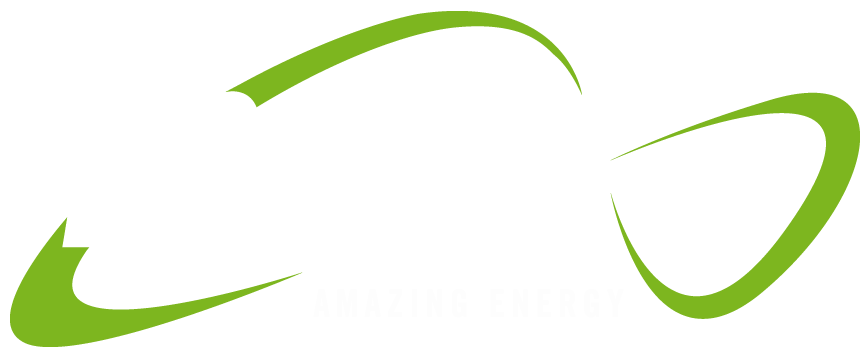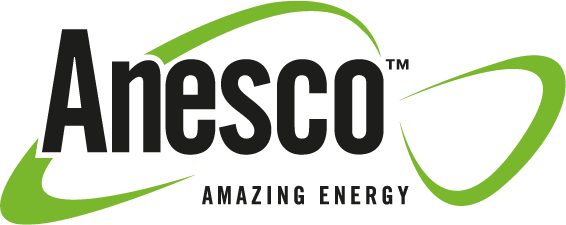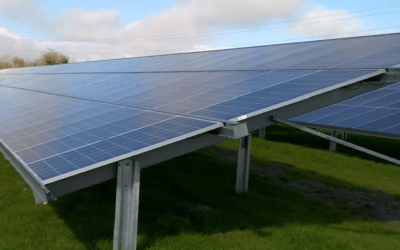For CFOs in the world’s leading companies, energy efficiency is now top of their agenda – and for good reason, explains energy industry veteran Edwin Hamilton, Anesco CFO.
Two key pieces of legislation have recently been introduced in the UK that mean businesses, which meet certain criteria, are now required by law to report at set intervals on their environmental impact.
The Energy Savings Opportunity Scheme (ESOS), which is administered by the Environment Agency, applies to all UK businesses that employ at least 250 people, or have an annual turnover above £38.9m and an annual balance sheet total above £33.4m. It requires businesses to carry out assessments and identify cost-effective energy saving measures. The first deadline for reports being December 5th.
The second is an update to the Corporate Standard – coined as the Scope 2 Guidance. This is required reading for CFO’s that follow the Greenhouse Gas Protocol Corporate Accounting and Reporting Standard. It has been introduced to standardise how corporations measure emissions from purchased or acquired electricity, steam, heat, and cooling. The new reporting system aims to give companies greater control over their carbon footprint through a more accurate and fair way to record and claim renewable energy as a reduction. In addition to the benefit that such measures will bring through a potential reduction in energy expenditure.
While for some these new obligations may appear at first glance as an unwelcome increase in administration, it is far from being simply a red tape exercise. In fact, it presents an opportunity for organisations to reduce overheads, streamline operations and produce valuable data for shareholders and refinancing bids. As you legally have to look at and report on your carbon emissions, half the process is already complete. The next step is to get on and implement changes.
The government has calculated that if businesses covered by ESOS reduce their energy use by just 0.7 per cent, they will save around £250m each year.
Leading the way on energy efficiency
CFOs operating in the most innovative and successful businesses are now play a leading and very active role in their organisation’s carbon reduction and energy efficiency ambitions. Their responsibility has moved away from being that of an accountant just pulling together figures. The City, shareholders, customers, employees and investors are increasingly demanding, and being influenced by, corporate sustainability and environmental results. These new reporting obligations present a further opportunity to demonstrate such data.
Marks & Spencer is a great example of a business fully embracing and benefiting from energy efficiency. It launched its ‘Plan A’ initiative in 2007 and having achieved its major aim of making the UK business carbon neutral, the retailer has now introduced Plan A 2020. Consisting of 100 new, revised and existing commitments, the ultimate goal remains to become the world’s most sustainable major retailer.
A recent progress report outlines the positive impact that the initiative has had on the company’s operations, its employees and for its shareholders – delivering a substantial £160m net benefit in 2014/15 and a total net benefit to date of £625m.
Benefits for business
Whatever your industry or size, energy efficiency should not be seen as something confined to large corporations. CFOs and FDs can help reduce consumption by making smarter energy decisions that demonstrate a commitment to sustainability – such as maximising the opportunities of carbon reporting, exploring renewable energy purchasing options and managing reductions in energy consumption through greater efficiency.
Taking such steps can help in managing fluctuating wholesale prices to ensure you get the best deal for your energy. It will also aid you in forecasting rising non-energy costs which now make up more than half of bills.
Even small improvements in energy efficiency could have a big impact on costs. Along with operational improvements, research also shows a majority of consumers prefer to shop with brands that demonstrate sustainability, meaning the brands that prioritise sustainability are likely to win more business.
So for organisations, it really is a win-win and time for CFOs to step up and take the renewables gauntlet.
Edwin Hamilton is CFO at Anesco
Anesco benoemt Hildagarde McCarville tot nieuwe CEO
Het bestuur van Anesco is zeer verheugd met de benoeming van de ervaren internationale CEO en energietransitiespecialist Hildagarde McCarville als Chief Executive Officer. Met 15 jaar ervaring in de Europese energie- en nutssector neemt Hildagarde de leiding van...





